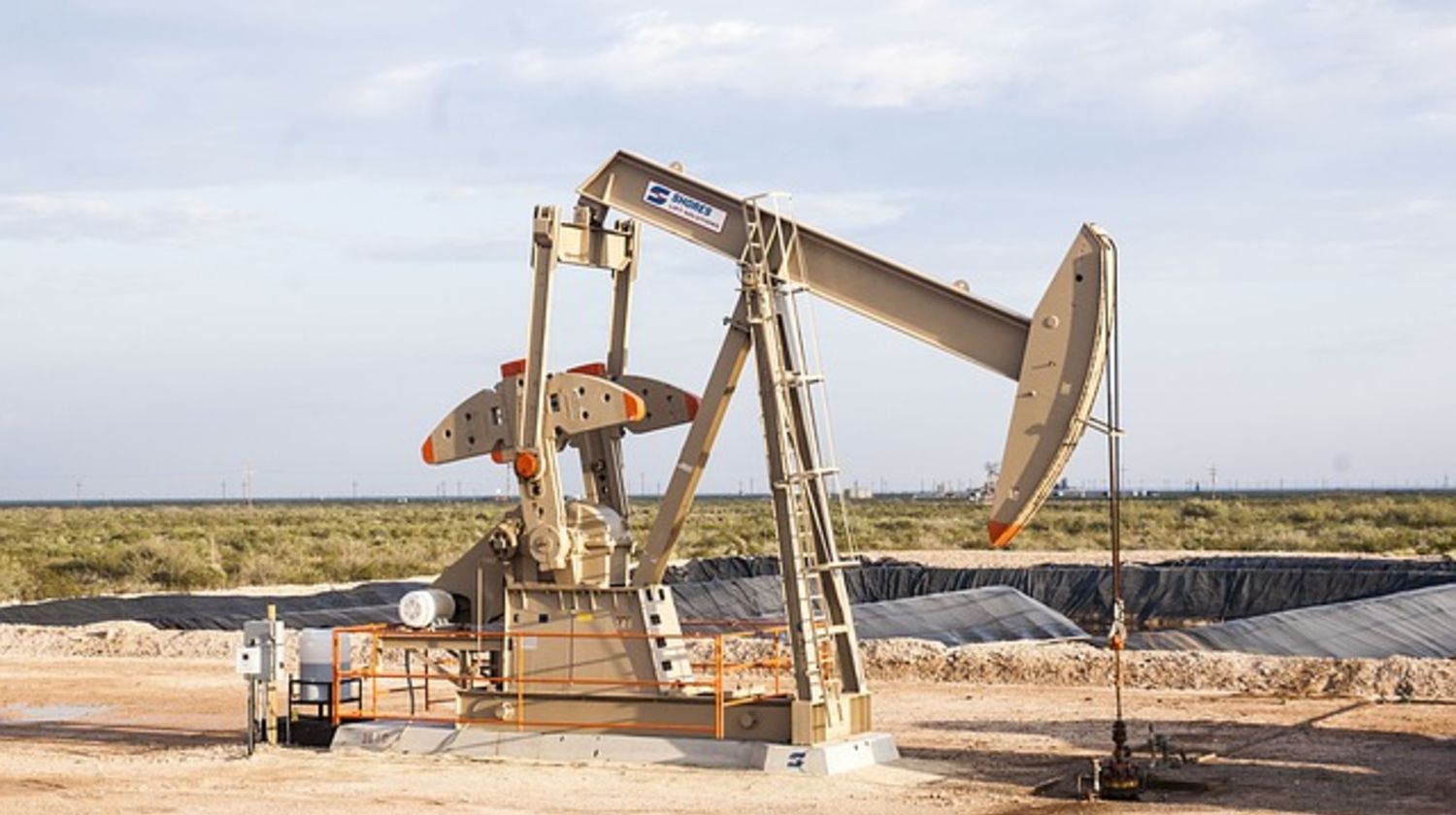News
How To Invest In Declining Oil Prices

Oil prices have plummeted during the past 14 months, dropping by more than half, according to a Reuters report published this morning. At the September 10 Gulf Cooperation Council meeting in Doha, Qatar's capital city, Organization of the Petroleum Exporting Countries (OPEC) representatives indicated this price trend is expected to last throughout 2015. One Persian Gulf nation official told the Wall Street Journal he expects oil prices to begin creeping upward again during the early part of 2016, making now the right time to short oil.
Oil Price Crash Not Over Yet
U.S. crude oil futures were at $44.46 per barrel as the day opened. Brent futures were a bit higher, $47.73. Compared to the more than $100 per barrel price in April 2014, these are low prices. Goldman Sachs analysts informed the investment bank's clients on September 11, 2015, that they expect oil prices to continue falling perhaps even touching a low of $20 a barrel before all is said and done, according to a recent Wall Street Journal article. Analysts blame a massive oversupply for the downward price pressure and don't expect a price recovery until well into 2016.
Some Say Price War
The International Energy Agency (IEA), based in Paris, points to the “at or near record rates” of OPEC oil production and the resulting oil glut as being a deliberate strategy on the part of OPEC to preserve and protect their market share. China's economic turmoil, including a recent stock market crash and currency devaluation, has contributed to a significant decrease in Chinese demand for oil, an economic shock for the countries that supplied China as their oil demand increased with the rapid growth of their economy.
Saudi Arabia and Iraq are China's primary crude oil suppliers, but China also buys smaller amounts from other nations in the region. China is now importing 10.2 percent less crude oil than it did in January of this year. That 10.2 percent reduction translates into a lot of money with an economy – and a corresponding oil demand – as big as China's and has contributed to serious economic problems in China's oil supplying nations.
While flooding the market and pushing prices down is causing some economic pain in the OPEC nations, it is also taking some of the non-OPEC oil producers out of the game, as they are forced to decrease production because the current low per barrel prices fail to cover their production costs. If there is, as some industry watchers claim, a price war going on, it looks like OPEC is winning it right now, though there is debate concerning how long the OPEC nations can keep the strategy up.
Correction is Coming
However, there's more to the current oil price tumble than China's economic woes and OPEC's efforts to eliminate competitors able to infringe on their market share. As economic analyst and Forbes contributor Jesse Colombo pointed out last year, after the bursting of the American housing bubble and the accompanying sub-prime mortgage and lending melt-down pushed the whole world into recession in 2008, trillions of dollars worth of quantitative easing and money creation helped push crude oil prices up 140 percent.
Those inflationary monetary practices led investors and speculators into the commodities markets, including oil. People sought to protect themselves and their wealth from currency devaluation by putting their money into hard assets they could trust more than currencies and their declining purchasing power. Speculation pushed commodity prices up rapidly to artificial heights, sending oil prices soaring past $140 per barrel.
Such things don't happen in a vacuum. Price correction is inevitable and, although the fiscal machinations of the world's central bank systems were able to hold that correction off for quite a while, it may very well be upon us now, pushing crude oil prices back down to more their more natural level, similar to what happened to home prices throughout the nation after 2008's housing market crash.
Now Is The Time
There's strong evidence indicating that now is the time to short oil. Market influences and conditions make a continued downward pressure on crude oil prices in the global marketplace a strong likelihood. China's economic woes are going to take some time to work out, so it will be a while before their oil demand returns to the heights it reached while their economy was growing. Many global economic experts and oil industry pros don't foresee a significant price recovery beginning until late 2016. That allows enough time for the smart investor to experience significant gain before this window of opportunity closes when the eventual price recovery begins.



